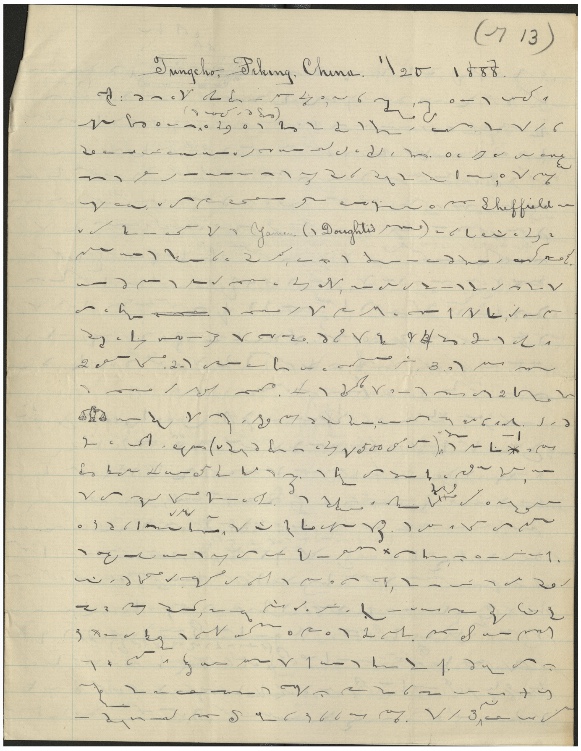I do not recall ever having Russian words of the year featured on Language Log, so it's a delight to have the opportunity to do so now. They were called to my attention by Don Keyser, who spotted this piece in Novaya Gazeta this morning:
Норм и обнуление — Подведены итоги конкурса «Слово года»-2021. Особая конкуренция — в номинации «антиязык»
05:29, 19 декабря 2021 Андрей Архангельский, член экспертного совета «Слово года»
—-
Norm and zeroing
The results of the competition "Word of the Year" -2021 have been summed up. Particular competition – in the category "anti-language"
5:29 am, December 19, 2021
Andrey Arkhangelsky, member of the expert council "Word of the Year"
Don remarked:
Keeping up with the grimly evolving Russian language — neologisms, protoneologisms … the narrative is simultaneously enlightening, droll, and rather sad.
You can get a pretty good rendering via either DeepL or Google Translate. FYI, I've copied below the article the Google Translate rendering. It doesn't do the embedded chart, of course, but the content of the chart is explained in the article.
Read the rest of this entry »


